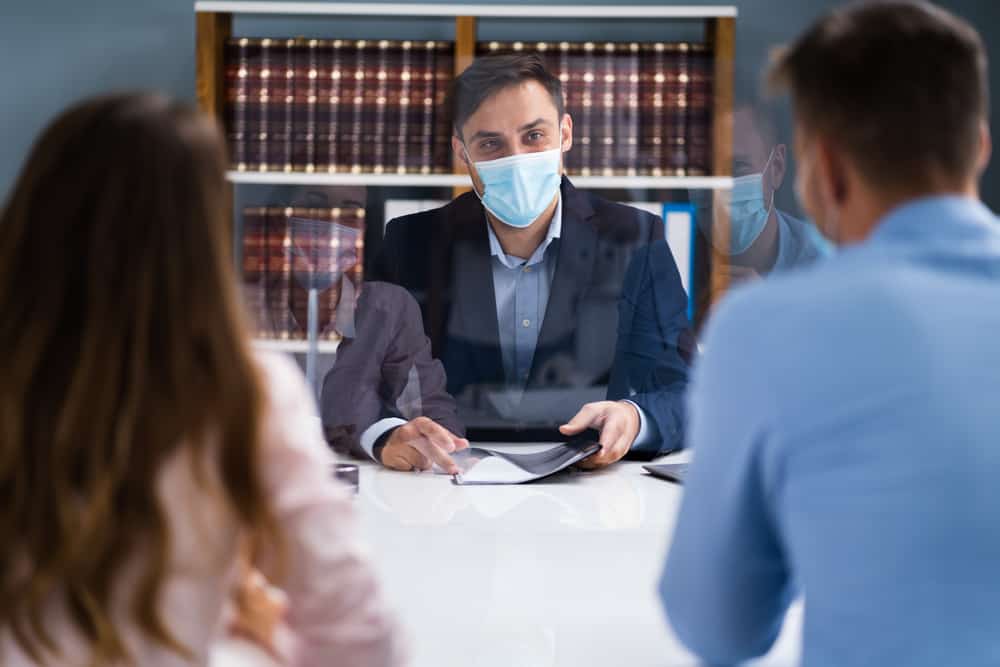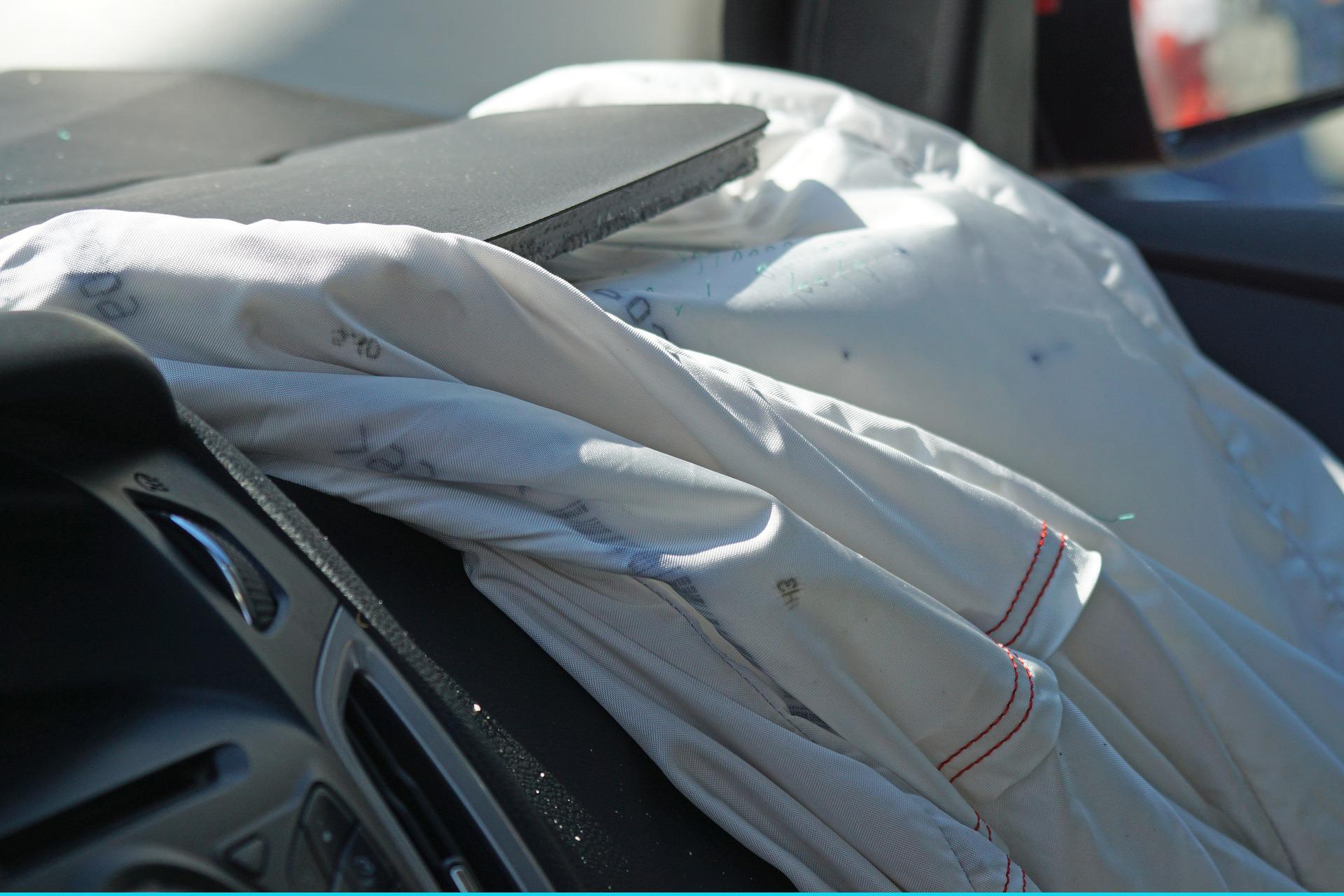Despite the surge in the coronavirus in the U.S., people still suffered various injuries in car accidents, slip and falls, etc. Accident victims could still bring personal injury claims and pursue compensation for their injuries, but certain issues have impacted many cases, especially the court backlogs.
It is expected that court backlogs will continue into the foreseeable future, with months’ worth of in-person jury trials being postponed. With the rollout of the vaccines, the threat from COVID-19 recedes, but it will take time for courts to work their way through case backlogs of cases. Additionally, courts will place some cases on higher priority, which is unlikely to include personal injury cases.
Legal firms expect the justice system will need several years to work through the backlog, so expect your personal injury case to take a while.
Should you, the plaintiff, hold out?
Perhaps you feel that you should hold out in your settlement to get the best possible deal, but if you need the money, perhaps it’s not so wise.
As a personal injury plaintiff, you are an average person who may have missed time from work because of your injuries. You are also probably facing payment for medical bills. If you are advancing payments out of your own pocket, you may not have the luxury of holding out indefinitely.
If getting a settlement early will make all the difference to you financially, then perhaps you should rather consider taking the check to ease your financial burden.
Defendants and negotiations
A settlement check requires that you reach a satisfactory settlement agreement, and this may sometimes prove difficult. A settlement agreement requires negotiations between the plaintiff and the defendant (usually the insurance company).
These proceedings are not always known for their smooth conclusion because opinions differ. Even if you want to settle your case quickly, the other side may want to delay settling the claim. Every side is looking for leverage to improve their negotiating position, which often drags the negotiations out.
Defendants use a variety of tactics to pay as little as possible
Insurance companies and defendants are motivated by the idea that they will save money and sometimes have no incentive to settle quickly. Sometimes, they may try to take advantage of your desperate situation to settle the case too quickly. However, the pandemic has offered them the opportunity to take their time when settling cases.
Sometimes their reluctance to settle may work in your favor, but it could also work against you. The defendant could take advantage of your need by offering you an unacceptably low settlement amount to settle the case quickly, hoping that your financial woes will aid their case. This offer may also be a test to see what you are willing to accept.
When the defendant or insurance company is willing to give you money too quickly, they are probably not trying to benefit you. Most likely, they are settling below the worth of your claim. They could also be worried about how a jury would rule against them. As a result, you may suffer a substantial loss by your money too quickly.
Base your decision on your personal circumstances
Your lawyer is the best person to advise you on the best course of action – accepting an early settlement offer or waiting for your case to come up. An experienced lawyer will provide you with the information about your claim worth, letting you know if the settlement offer covers what you deserve for your injuries. The best settlement agreement is what lawyers want for their clients. Remember, the longer the trial dates are pushed back, the less impetus the defendants feel to settle. So the longer you wait, the better your settlement could be.
Final word
Despite the fear you may feel of going to a hospital during the pandemic and its aftermath, one of the main ways to maximize your personal injury claim is the relevant medical documentation. So make sure to get medical treatment and keep records of it. Also, make sure to complete the treatment.
Finally, the deepening recession means that people don’t always pay their insurance premiums. This could affect your ability to recover money in a situation where a driver who is underinsured or uninsured causes your injury. In this case, you may need to get benefits from your insurer, who often resist just as much as insurers in third-party claims.


